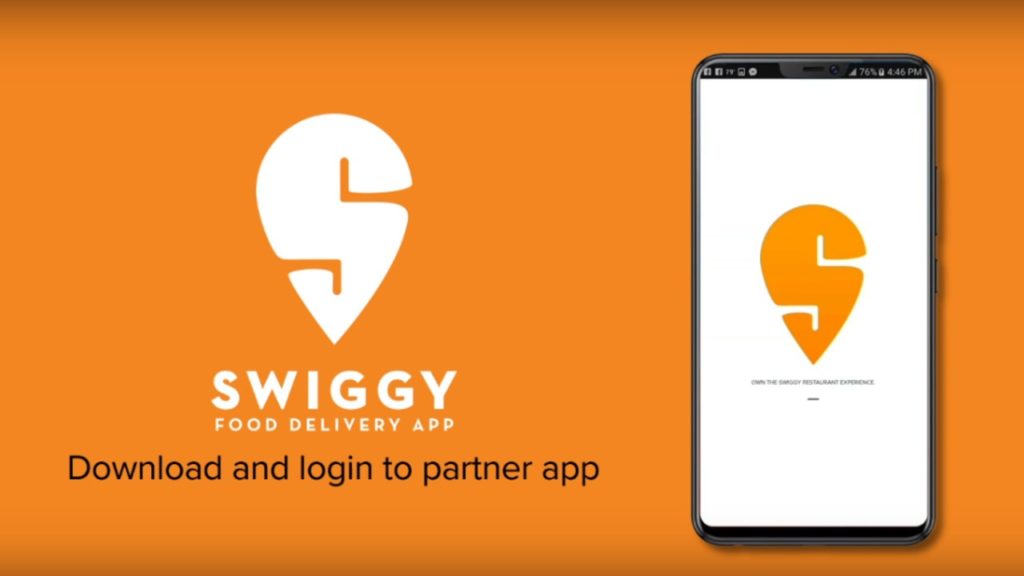
People are aware of the necessity of clean energy, more so in modern times. This necessity has led many of the leading companies in the world to throw their hats in the ring and utilize the full potential of this sector. In fact, Walmart’s Flipkart plans to roll out over 25,000 electric vehicles (EVs) by 2030.
Now, food delivery giant Swiggy has announced that it has joined forces with Reliance BP Mobility Limited (RBML) to roll out electric vehicles and battery-swapping stations (since a single pre-charged battery cannot commute for more than 65-80km) for its delivery fleet and partners across the country. It is believed that this alliance between the titans will create an EV ecosystem and enable Swiggy to forego pollution and operate in a sustainable manner, as well as promote the adoption of battery-operated electric vehicles (EV). The company claims that this will result in a shorter waiting time, which means more deliveries.
For RBML’s part, it aims to set up a distributed network of multiple thousand battery swap stations over the next five years at its retail outlets and leading residential and commercial complexes, malls, hotels, business parks, IT hubs, parking lots, and other areas.
The trials are currently running in Bengaluru, New Delhi, and Hyderabad. The coalition is set to create a greener and cost-effective solution for delivery fleets through innovative business models. It will be up to RBML to set up the battery swapping stations at various locations and provide the required technical assistance and training to Swiggy delivery partners and other staff.
The seven-year-old Swiggy connects customers to over 1,50,000 restaurant partners and stores in over 500 cities, and is one of the top two names in the Indian food delivery sector (Zomato being the other one).
This is not the first time Swiggy has mulled over EV. The Bengaluru-based start-up has already joined hands with e-cycle manufacturer Hero Lectro and last-minute delivery service Fast Despatch Logistics to enable end-to-end delivery of orders through cargo e-cycles, as the food delivery powerhouse aims to cover deliveries over 8 lakh km daily through EVs by 2025, thereby lowering the cost of vehicles by up to 40%.
These e-bikes are specifically designed for last-mile deliveries and can travel at a maximum speed of 25 km/h with a range of 70-75 km per charge. Moreover, these vehicles do not need immediate swapping or recharging when the battery runs out – instead, they can be charged on regular plug points or continue running on pedal power.
“As we continue to work towards providing our consumers with greater convenience, we are also mindful of the environmental impact of our operations and are taking the necessary steps to make our journey more sustainable,” Swiggy CEO Sriharsha Majety said in a statement. “Transitioning to EVs is an important step in this direction. It will have a positive impact not only on the environment but also empower our delivery partners to earn more,” he added.
https://ift.tt/3ynrVPo
Click the link below to Subscribe via email ..
https://ift.tt/2FOLq9L








0 Comments